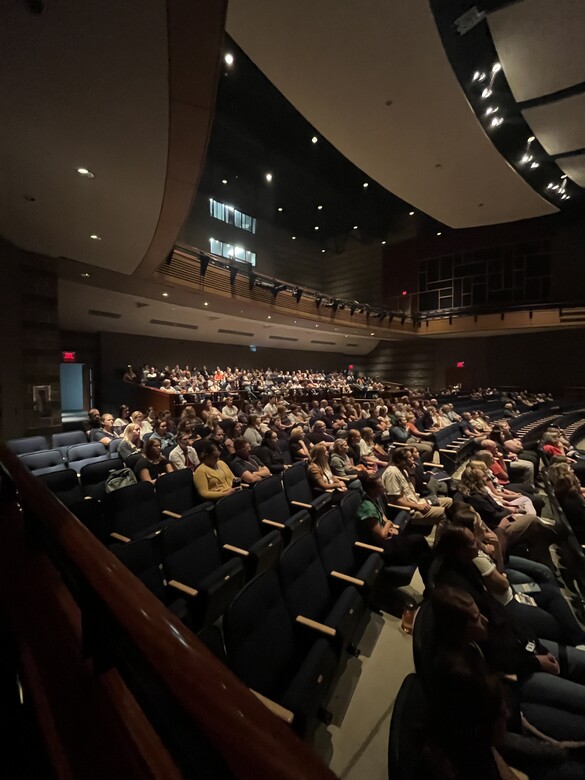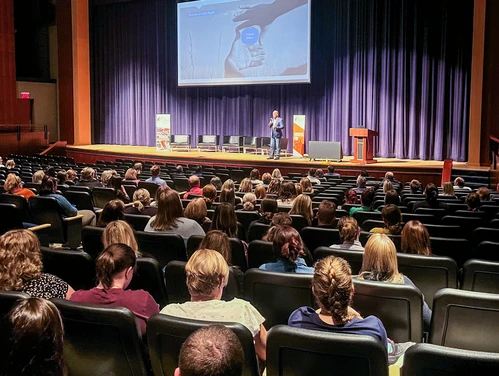College Community School District superintendent Douglas Wheeler, Ph.D. has long had a vision of school districts, postsecondary schools, local industry and economic development leaders and the community weaving themselves together with the shared goal of providing education and experiences to explore careers, earn certifications and participate in an interest-driven learning community.
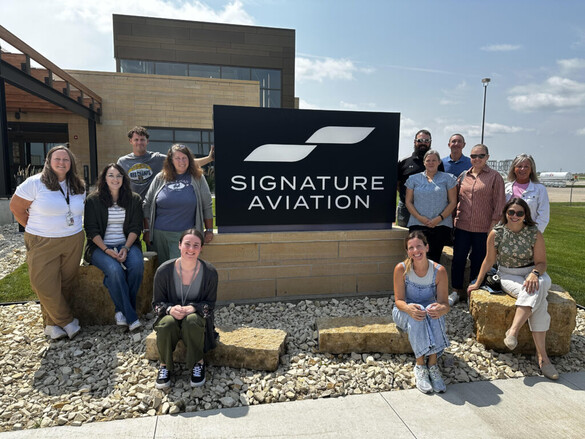
Before the start of the school year, Wheeler was able to make that vision a reality with Our Cedar Rapids Day, August 19-20, at Cedar Rapids Prairie High School and various employers across the Cedar Rapids metro area. In partnership with the Cedar Rapids Economic Alliance, the event celebrated the Cedar Rapids metro's dynamic business and education environment with the goal of them continuing to meet each other's needs.
"I want our teachers to be proud and knowledgeable about the community they serve," Wheeler said. "Sometimes in the classroom, it's difficult to see all the great things going on in the business community and all the opportunities there for students. We have so many high-skilled jobs in Iowa that the more exposure teachers have to know what opportunities are out there for students, the better off we'll be."
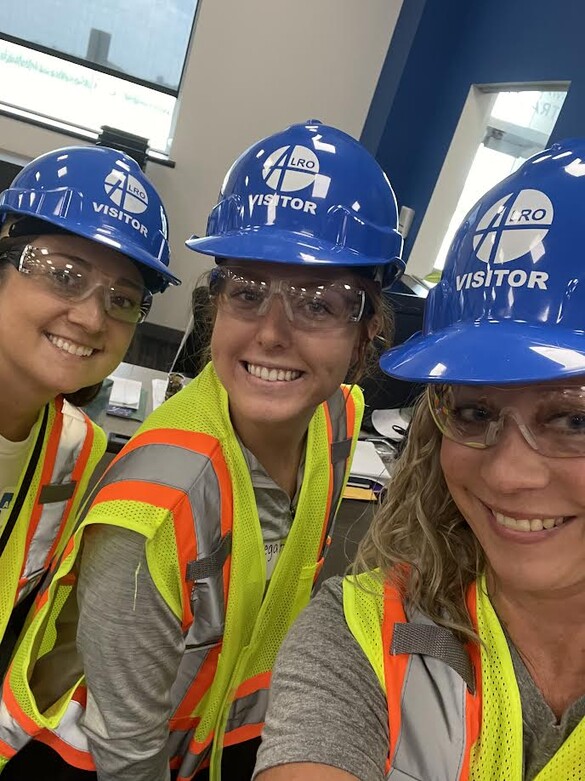
The two days of engaged learning gave the teachers at all levels of the College Community schools the opportunity to hear from business leaders in the Cedar Valley about the employment opportunities that exist within the community, how economic development officials use the assets of the Cedar Valley, including an educated workforce, to lure companies to the area and what those companies are looking or in an educated workforce.
"The number one concern that companies have now is workforce, workforce, workforce," Cedar Rapids Metro Economic Alliance Vice President of Economic Development Ron Corbett said to the teachers. "You have so much influence on children growing up in letting them know that the grass is green in their own backyard [for career opportunities]. Colleges are the immediate pipeline for the workforce, but you are the long-term future. We're excited for this opportunity to provide a greater understanding for you and need this to be real knowledge that you know the companies in town and the great careers they offer along with the skills those careers need."
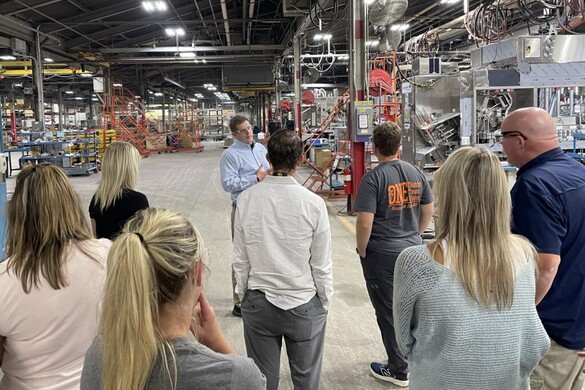
Corbett also simulated the presentation he delivers to companies exploring expansion or relocation into Cedar Rapids to showcase the selling points he relies on and how the presence and cultivation of an educated workforce is a critical component of his pitch.
"Companies come in and say, 'there's a workforce crisis everywhere, everyone is challenged!'" Corbett said. "And we've been ready for that challenge for 20-to-30 years because we've been able to institutionalize our workforce development programs. It's already in place, and we're ready to serve you. We don't have to create new programs like many communities."
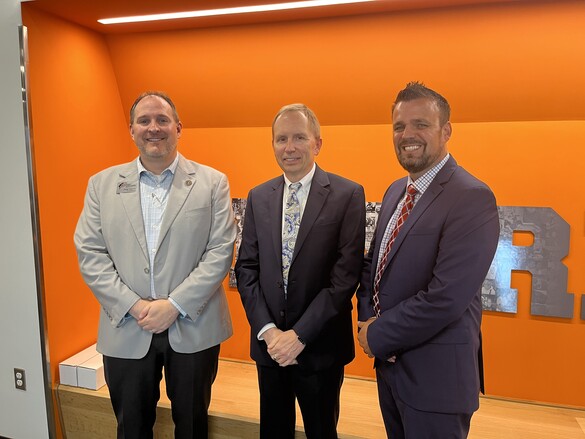
In addition to Corbett, business leaders from Alliant Energy, the City of Cedar Rapids, the Eastern Iowa Airport and BAE Systems participated in a nearly hour-long panel about current workforce needs, future needs, challenges and the role education plays in rising to meet those needs and challenges.
"I'm finding that in aviation, they want to see a workforce pipeline before they make huge investments in building facilities," said Eastern Iowa Airport Director of Properties and Business Development Caleb Mason. "That is one part of today's vision to start creating that pipeline through partnerships with high schools and Kirkwood Community College.
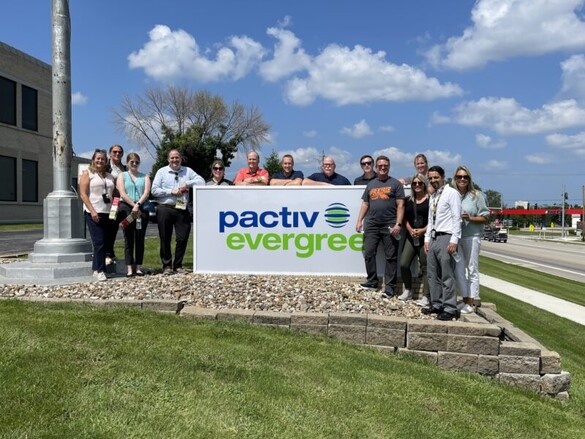
Mason pointed out that there is an expected shortage of 43,000 airframe and powerplant (A&P) mechanics by 2027, with many of those careers at mainline airlines paying more than $100,000 a year. Mason's long-term vision is to fill that shortage with students from Cedar Rapids by creating a pipeline from high schools through Kirkwood's aviation programs and then into the workforce at CID to attract investment from the aviation industry.
"It really starts with the workforce; if you have a pipeline of students with those skills, the industry will come," Mason said. "The need is so high right now, and many other places don't have enough students. To use an eclectic analogy, we have the plug, and we've got the juice that can feed that need."
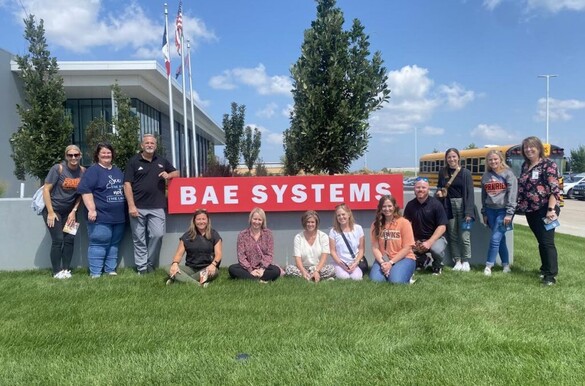
Despite the obvious need to prepare students with applicable technical skills, BAE Systems Leader of Knowledge & Engagement Teri Myers expressed the need to develop and nurture students' curiosity and ability to learn.
"We want employees to be curious, come in and wonder why it works that way," Myers said. "Why are these processes needed? Maybe there's a better way to do it, especially in engineering. We really need to be more curious about how something works and why we do it the way we do it. Just because we've been doing it that way for 20 years doesn't mean there isn't a better way."
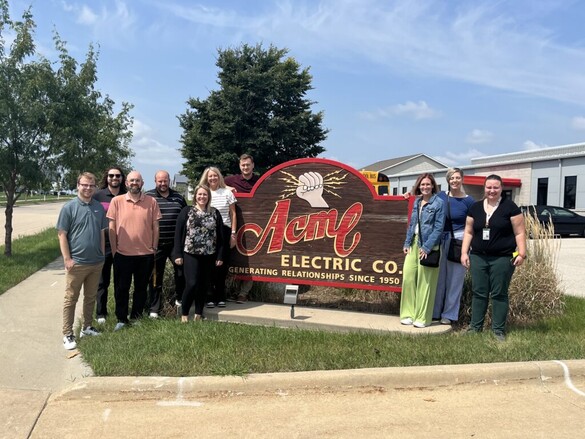
Following those panel sessions, educators then had the opportunity to visit workplaces across Cedar Rapids and experience firsthand the myriad of talented professionals they employ and the opportunities that exist for students in the Cedar Valley.
Teachers fanned out to 22 companies covering nearly every sector of business and every size, from small local companies to Fortune 500 companies whose operations span the globe. While many of those companies' end products or services are well known, Wheeler's interest lies in exposing educators to the opportunities behind the scenes for students.
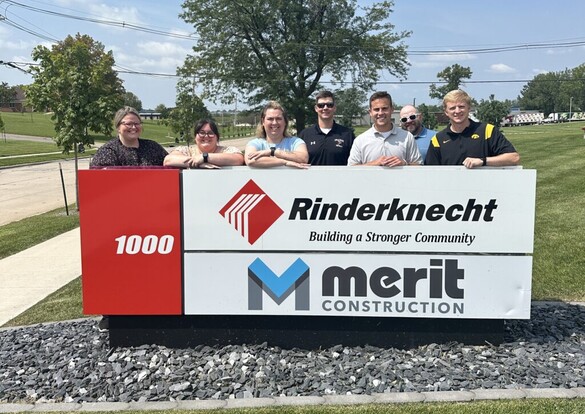
"A lot of times, students are like, 'I want to do that' because it is something they can see," Wheeler said. "But you can't really see logistics or some of the engineering going on."
Following the visits, teachers debriefed with colleagues and staff on those experiences and career opportunities they can present to students along with the curriculum to meet those opportunities.
The Cedar Rapids Metro Economic Alliance is also committed to exposing educators and students to the opportunities in their backyard to retain and recruit business.
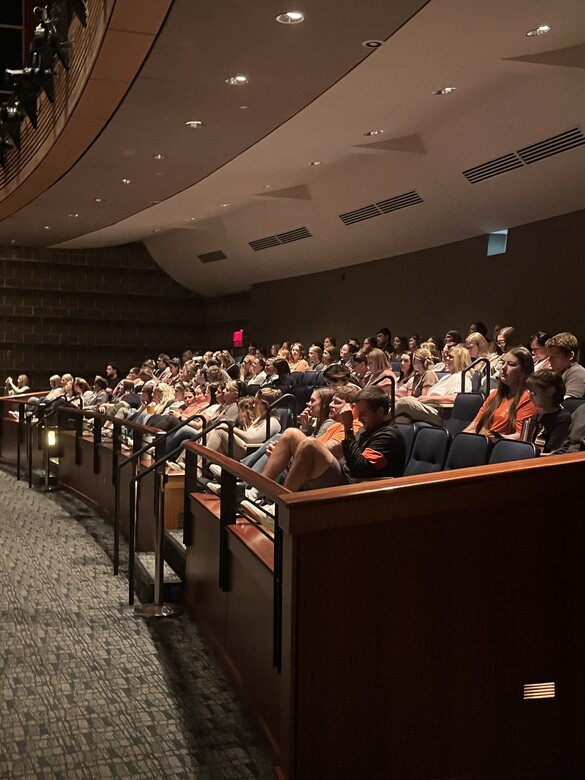
"We need to get into the game in a bigger and more integral way to make sure that students are getting experiential learning and understand what the local economy looks like," said Economic Alliance Executive Director Doug Neumann. "We hope that the students today become the workers of tomorrow."
Wheeler helped engage that partnership with the Cedar Rapids Economic Alliance, noting that in his career as an educator and administrator, it wasn't until he arrived at College Community Schools that he found a K-12 system, businesses and community that were equally interested in developing a learning environment for the entire community.
"I really think that ecosystems and partnerships are the way to go, and we're so blessed," Wheeler said. "My biggest fear is that young people are our state's biggest export, and I would love to be a part of turning that around."
